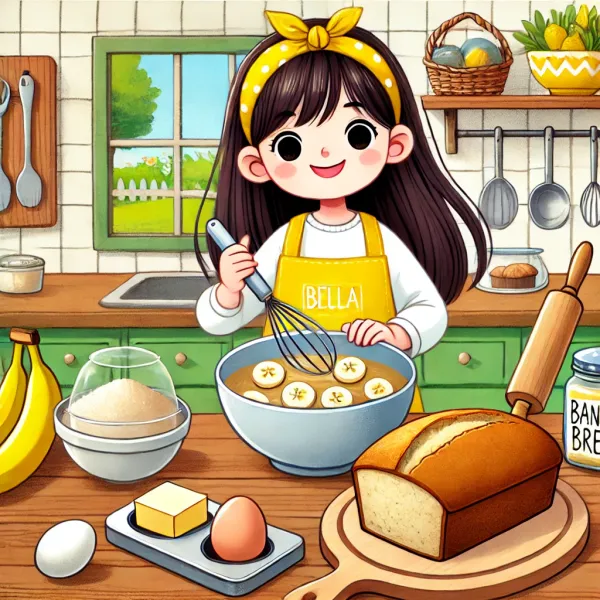When vs. While: A Guide for ESL Learners

Today, we're diving into the world of "when" and "while" – two seemingly similar words that often cause confusion for English learners.
The Key Difference
Both "when" and "while" are used to connect two events or actions happening around the same time. But here's the trick:
- When: Think of it as a snapshot in time. We use "when" to talk about one event happening during or at the same time as another specific, single event.
- Example: "When the phone rang, I was eating dinner."(The phone ringing is a single, short action that happened while the ongoing action of eating dinner was taking place.)
- While: Imagine a movie clip playing. We use "while" to describe two events that are happening simultaneously and have a duration – like two scenes in a movie running side by side.
- Example: "While I was cooking, the dog was barking."(Both cooking and barking were ongoing actions happening at the same time.)
A Helpful Tip
To remember this, think of the past continuous tense (was/were + -ing). While it's not a strict rule, "while" often goes hand in hand with this tense because it emphasizes the continuous nature of actions.
- Example: "She was reading a book while her brother was playing video games."
But remember, "while" can also be used with other tenses depending on the context!
Bonus Tip: If you're focusing on a single event happening during an ongoing action, use "when." If you're describing two ongoing actions happening at the same time, use "while."
Let's Practice!
Fill in the blanks with "when" or "while":
- _____ I was walking home, it started to rain.
- _____ I arrived at the party, everyone was dancing.
- He listened to music _____ he worked.
- _____ the teacher was talking, the students were taking notes.
Answers
1. while, 2. when, 3. while, 4. while
Keep Exploring!
The more you practice using "when" and "while," the easier it will become. Listen for how native speakers use these words in movies, TV shows, and conversations. Soon, you'll be using them like a pro!



